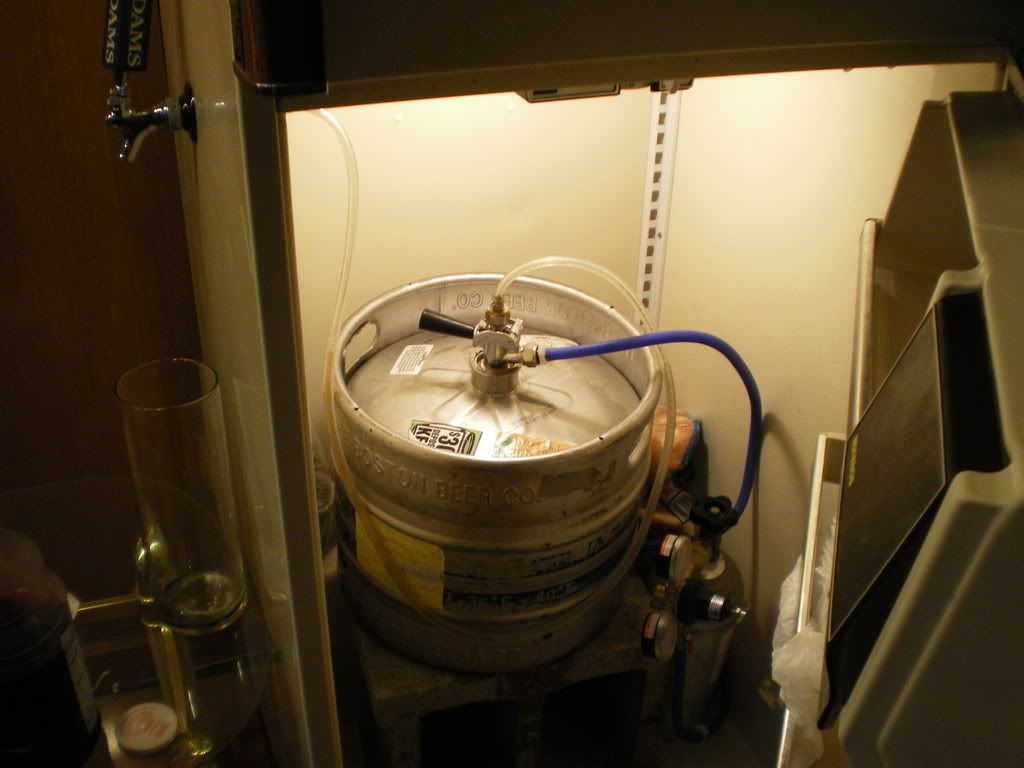A preliminary roadside breath test may be required by a constable
in uniform who has reasonable cause to
suspect a person driving or in charge of a vehicle on a road or other public place has alcohol in his or her body or has committed a traffic offence.
If the driver fails to submit to a test or the test shows the driver has a breath alcohol level above 35 mg, the police may arrest him or her. To actually prove that the driver has committed a drink driving offence, however, the police will take him or her back to the police station and carry out additional testing. (NB. This is because the police use hand-held breathalysers for roadside stops, which sometimes provide inaccurate results. Since these results cannot be relied on, they are not admissible as evidence in court proceedings.)
Note the wording, for example, Plainclothes DC's and undercover cops NOT in uniform can't do it. When they have done, which they should know they shouldn't, its been kicked out of court. If the roadside test is positive the Officer (should) say I am arresting you on "
suspicion" of ... and read you your rights "You do not have to say anything but it may harm your defence if you do not mention when questioned..." If in doubt you WILL be arrested, the Officer will NOT make the initial Judgement about intent. That's for the courts to decide. HE/She applies the law, it's the 12 good folks and Judge to decide and interpret intent. Hence our/your assertion it's a M/H (keys in drawer) living area etc may take months of (expensive) arguments and grief and worry and hassle to prove in Court. The copper unless he/she is called, will have forgotten about you a long time ago.
& Below, note the word "defendant" - You're in court by now trying desperately to prove you weren't in charge. Again the officer only had to apply reasonable suspicion, at the time, and would never ever, where lives are potentially at stake, (in my experience) err on the side of "on yur way sunny with a clip round the ear". Consider if smooth talking Joe Smith talked his way out of being in charge at the time and officer used his/her judgement and Joe killed others, the Cop would be metaphorically hung and would never put him/herself in that position.
What is the legal definition of being in charge?
There is no legal definition for the term "in charge" so each case will depend on its exact circumstances and facts. Generally, a
Defendant is "in charge" if he was the owner/in possession of the vehicle or had recently driven it. He is not in charge if it is being driven by another person or is "a great distance" from the vehicle.
Matters are more complicated where a person is sitting in the vehicle or "otherwise involved with it". In charge can include attempting to gain entry to the vehicle and failing, having keys to the vehicle, having intention to take control of the vehicle or even "being near the vehicle".
What if I was in my car on my driveway having a cigarette trying to keep warm and I had no intention of driving?
There is no need for the prosecution to prove that a person was likely to drive whilst unfit or over the limit. It is for the Defendant to prove that there is no prospect of using the vehicle.
What if I fell asleep in the car or I was sitting in the back?
It depends on the circumstances leading up to it. If somebody else had driven the vehicle, and has merely got out and left you in it, and you were not aware of this, you are not in charge. If, however, you had, by your own means got into the car you would have been in charge and remain in charge.
Can I be prosecuted if I am sitting in the passenger seat?
Yes. If the Police believe that you were driving at some point, but when they stopped the vehicle, you were no longer driving, it is still possible to prosecute or if the Police are able to show that there was a likelihood of you driving the vehicle. You do not have to be sitting in the driver's seat to be "in charge".
Chrz Mul

p.s. And lastly, because of the world we live in - All the information above constitutes a personal opinion and is not professional legal advice.

